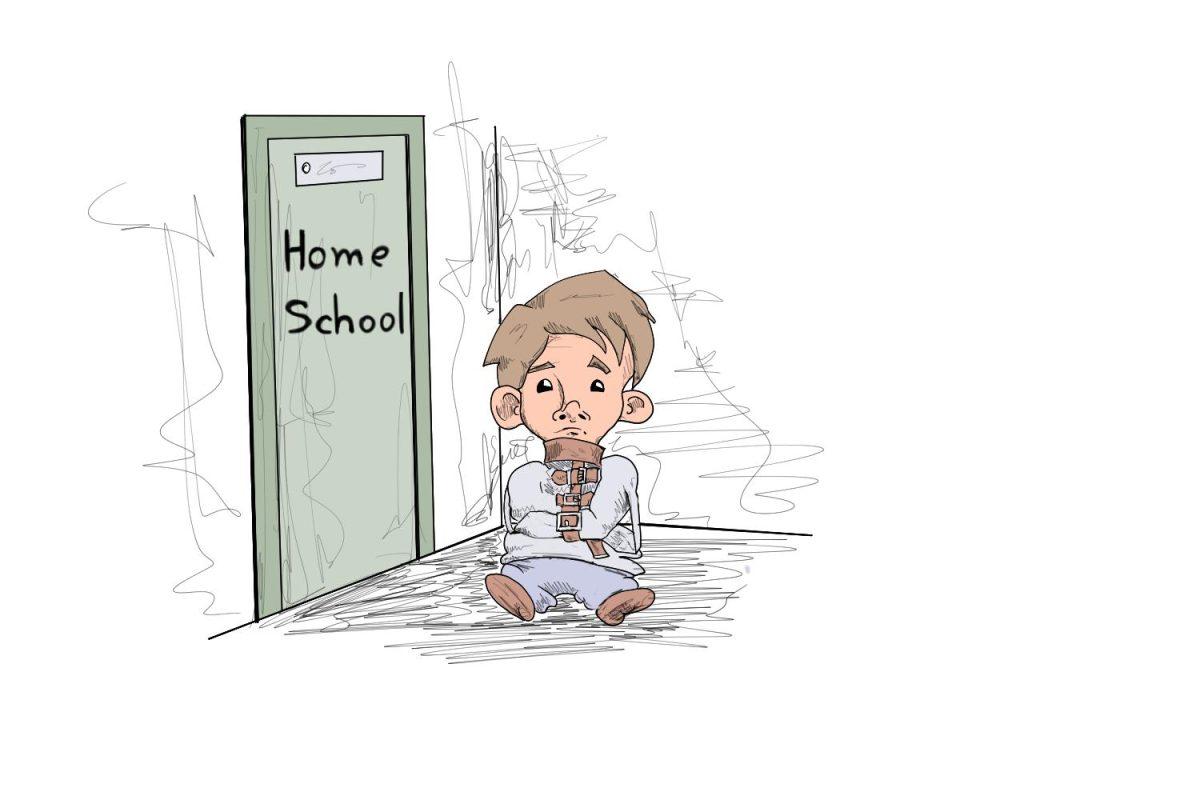There are many home-schooled children who excel in life, but the “weird home-schooled kid” stereotype exists for a reason.
Parents should consider alternative schooling options to home schooling, if it’s needed, because every child’s situation is unique. Studies show home-schooled kids excel academically and socially when exposed to a large home-school community or network.
While this may be true in some circumstances, this certainly does not apply to all home-schoolers. According to the Coalition for Responsible Home Education, home-school leaders understand proper socialization happens through real-life experiences rather than school.
Children need several friends, acquaintances and outside interactions to form meaningful relationships and social skills. It may be easy for some kids who are involved in these communities, but other home-schoolers only have their family members. How can any child grow their social skills with such limited social interactions?
It’s understandable for parents to bring their children over to the home schooling world in some circumstances. Some children may be relentlessly bullied at a public school without much help from the school itself. However, home schooling may not actually solve all of their issues.
In Psychology Today, a parent released her own story about her child who was bullied in a public school. She explained how the first few months of home schooling were amazing for her child, until she gave birth to a disabled infant. She then had to divide her attention between two children, which resulted in her eldest falling behind in studies and losing motivation.
While this is situational, the loss of motivation in school work still happens more than one would think. The mother of two then decided to send her son to a charter school. This decision turned out to be highly beneficial for this boy’s education and stress, and it became a viable alternative to home schooling.
Home schooling is not the only option for schooling outside of the public school system. If a child is having issues, there are a number of options for them to take. According to Homeschool Base, there are 13 alternatives to public schooling. Other options consist of private schools, boarding schools, charter schools, magnet schools, military schools, online schools, Montessori schools and more.
There is quite the plethora of schooling options when it comes to a child’s education. For those who are tight on money, they can enroll their children in government-funded charter schools. These schools offer tuition-free public schooling. However, it can be difficult for students to gain entrance into charter schools, since enrolling is a bit like a lottery draw.
There are plenty more examples of what parents can do for their children’s education. It only takes some research and consideration. As long as parents encourage their children to be involved and to have a reasonable social circle outside of the family, then it should be beneficial to the life of a child. Social contact with others and alternative schooling options will aid in any unwelcome awkwardness or social inability for children and young adults.
Abigail Varnado is a 21-year-old English senior from Amite, Louisiana.







